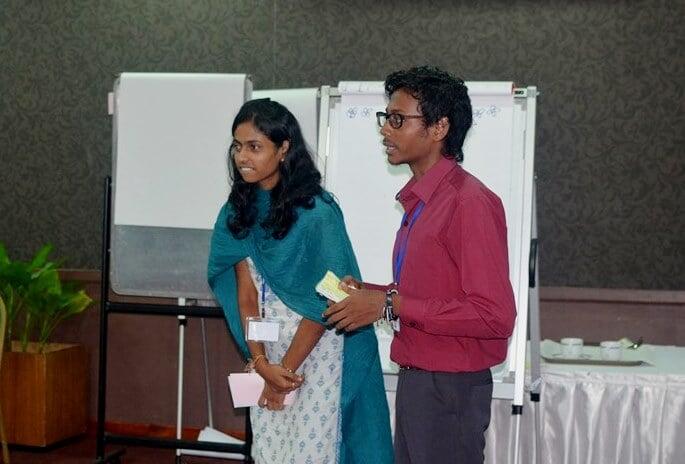MALÉ, Maldives—Government and youth representatives from the eight South Asian countries met here over two days, 13-14 May, to review a regional youth charter and develop an action plan to guide regional cooperation on youth issues.
The estimated 508 million young people aged 10-24 in South Asia are central to development in the region. If they are educated, healthy and provided with decent employment, countries can take advantage of a demographic bonus to promote economic growth.
Leaders of the South Asian Association for Regional Cooperation (SAARC) – Afghanistan, Bangladesh, Bhutan, India, Maldives, Nepal, Pakistan and Sri Lanka – in 2010 recognized the important role young people play in the region and directed the development of a youth charter and action plan. Last year, with support from UNFPA, the United Nations Population Fund, the SAARC Secretariat initiated national consultations on the charter in each member country and an online survey open to all countries.
The regional consultative meeting in Malé was an occasion for representatives from all the countries to validate the resulting proposed SAARC Youth Charter, which will be considered at a SAARC ministerial summit in November. Youth delegates met on 12 May to prioritize their input into the consultation, and played an active role in discussing the issues with government delegates over the next two days.
Dulanjalee Iluksooriya, from the Youth Parliament in Sri Lanka, said, “It is crucial for youth in our region to have sexual and reproductive health information and services. This is a very neglected area and we hide between religious and cultural barriers when it comes to this issue. We hope this stays in the SAARC Youth Charter.”
“We are not asking governments and adults to step back, but rather to partner with us and be inclusive of youth needs,” said Azzam Ibrahim Naseer, a youth delegate from the Maldives. “We are the leaders of today, not just tomorrow. The time is now.”


